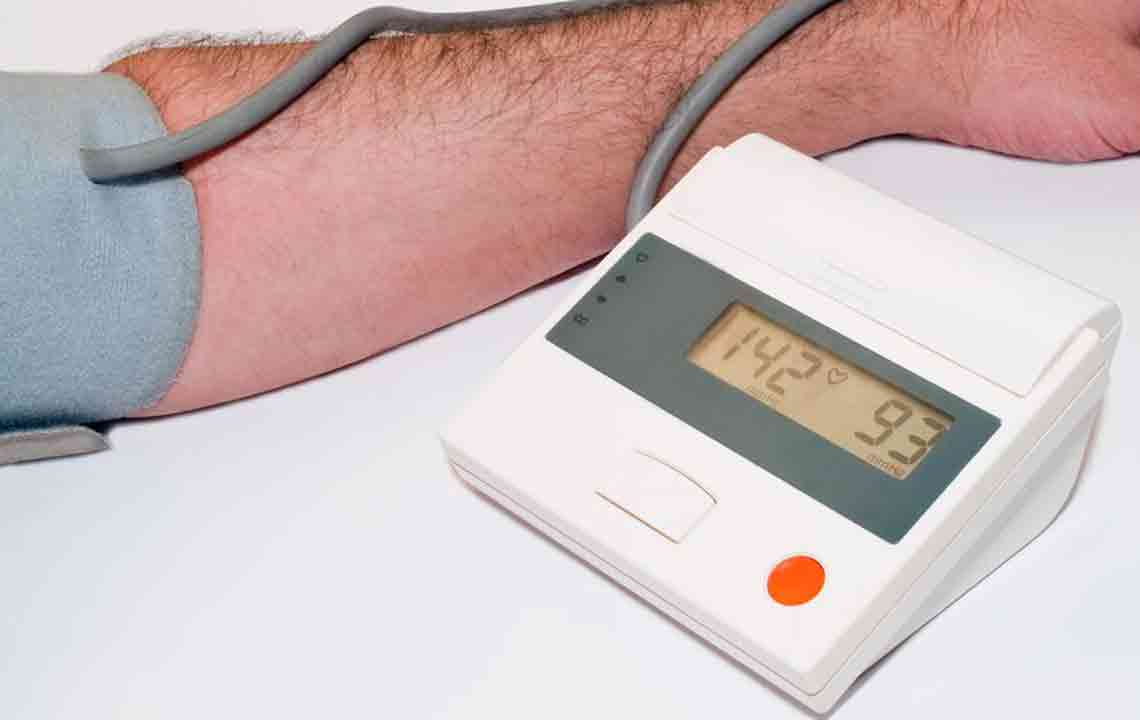Comprehensive Dietary Approaches to Effectively Manage Hypertension
Discover extensive dietary strategies to successfully manage hypertension and promote heart health. Learn how incorporating nutrient-rich foods like leafy greens, berries, beets, and fish, alongside lifestyle modifications, can lower blood pressure naturally and prevent related health complications. This comprehensive guide emphasizes the importance of balanced nutrition, regular exercise, and holistic health practices to control high blood pressure effectively and sustainably.

Comprehensive Dietary Approaches to Effectively Manage Hypertension
Hypertension, commonly known as high blood pressure, is a prevalent health condition that significantly increases the risk of cardiovascular diseases, stroke, kidney damage, and other serious health problems. Managing blood pressure levels is essential not only through medication but also by adopting effective dietary strategies. An appropriate diet can play a pivotal role in controlling hypertension, reducing dependency on pharmacological treatments, and improving overall cardiovascular health.
Understanding the fundamentals of hypertension is crucial. Blood pressure measures the force exerted by circulating blood against the walls of your arteries. Maintaining optimal levels ensures proper nutrient delivery to organs and tissues. However, when blood pressure is chronically elevated, it can strain vital organs such as the brain, eyes, heart, and kidneys, leading to severe complications. Conversely, abnormally low blood pressure can cause dizziness and fainting. Achieving and maintaining a healthy balance is key to long-term health and wellbeing.
Medications are often prescribed for managing hypertension; however, lifestyle and dietary modifications significantly enhance their effectiveness. Emphasizing foods rich in essential nutrients such as potassium, magnesium, and fiber while reducing sodium intake is fundamental. These dietary changes support the body's natural ability to regulate blood pressure effectively and can prevent the progression of hypertension and related health issues.
It is important to monitor and limit salt intake and processed foods that contain high levels of sodium, which can elevate blood pressure. Incorporating these nutrient-dense and blood pressure-lowering foods into your daily routine is essential for optimal results. Here are some of the best dietary options for managing hypertension:
Leafy Greens: Vegetables such as romaine lettuce, arugula, kale, spinach, collard greens, beet greens, and Swiss chard are exceptional sources of potassium. Potassium plays a vital role in balancing sodium levels in the body and aiding kidney function, which in turn helps to lower blood pressure. When selecting leafy greens, opt for fresh or frozen varieties over canned options, which often contain added salt that can counteract their benefits.
Berry Varieties: Blueberries, strawberries, and raspberries are rich in flavonoids and antioxidants that support healthy blood vessel function. Regularly adding berries to breakfast cereals, smoothies, or salads can significantly contribute to blood pressure regulation and overall cardiovascular health.
Red Beets: Beets are high in dietary nitrates, which convert to nitric oxide in the body. Nitric oxide helps dilate blood vessels, facilitating better blood flow and lower blood pressure. Including beet juice or cooked beets in your meals can offer immediate and long-term benefits for blood pressure management.
Low-fat Dairy Products: Skim milk and yogurt provide essential calcium without excess fat. Calcium is crucial for muscle contraction and relaxation, including that of the blood vessels. Consuming low-fat dairy regularly has been associated with lower blood pressure levels. Yogurt can be incorporated into breakfast, smoothies, or used as a healthy snack.
Oatmeal: High in soluble fiber and low in sodium, oatmeal is an excellent breakfast choice that supports heart health. Incorporating oats into your morning routine can help reduce blood pressure and improve cholesterol levels over time.
Bananas: Known for their high potassium content, bananas help regulate fluid balance and reduce tension in blood vessel walls. A daily banana snack can contribute significantly to maintaining healthy blood pressure levels and preventing constipation.
Omega-3 Rich Fish: Fatty fish such as salmon, mackerel, sardines, and trout are abundant in omega-3 fatty acids. These healthy fats are effective in reducing blood cholesterol and blood pressure while providing lean protein. Regular fish consumption also offers heart-protective benefits and improves vascular function.
Seeds: Unsalted sunflower seeds, pumpkin seeds, and squash seeds are nutrient-dense snacks packed with potassium, magnesium, and fiber. Including these seeds in your diet provides additional support for blood pressure control and overall cardiovascular health.
Herbs and Garlic: Incorporating herbs like thyme, rosemary, basil, and cinnamon can add flavor and health benefits to your meals. Garlic, in particular, releases nitric oxide, which promotes blood vessel dilation, leading to lower blood pressure. Using herbs and garlic regularly can boost your diet's heart-healthy properties.
Dark Chocolate: In moderation, dark chocolate (with high cocoa content) supplies flavonoids that improve vascular function and support heart health. Consuming a small piece as an occasional treat can be part of a hypertension-friendly diet.
Pistachios and Other Nuts: Daily intake of pistachios can contribute to blood pressure reduction over time. Combining them with other unsalted nuts creates a nutrient-rich snack that aids in vascular health and provides healthy fats.
Olive Oil: Extra virgin olive oil contains polyphenols and mono-unsaturated fats that improve artery flexibility, support heart health, and reduce the risk of cardiovascular maladies. Replacing processed oils with olive oil can have lasting benefits.
Pomegranates: Rich in antioxidants and phytochemicals, pomegranates help regulate blood pressure. Consuming fresh pomegranate fruit or unsweetened juice in the morning can help stabilize blood pressure within a month. It’s best to avoid processed or sweetened juices to maximize health benefits.
Alongside dietary changes, regular physical activity is essential. An integrated approach combining healthy eating, consistent exercise, stress management, and weight control can significantly improve blood pressure regulation. The DASH (Dietary Approaches to Stop Hypertension) diet specifically emphasizes these principles and remains a highly recommended plan for those aiming to control hypertension naturally.
Adopting these comprehensive dietary and lifestyle strategies provides a sustainable way to manage blood pressure effectively. By making informed food choices and maintaining an active lifestyle, individuals can reduce their dependence on medications, lower the risk of cardiovascular disease, and improve their overall quality of life. Remember, always consult healthcare professionals before implementing significant changes to your diet or lifestyle, especially if you have existing health conditions.





